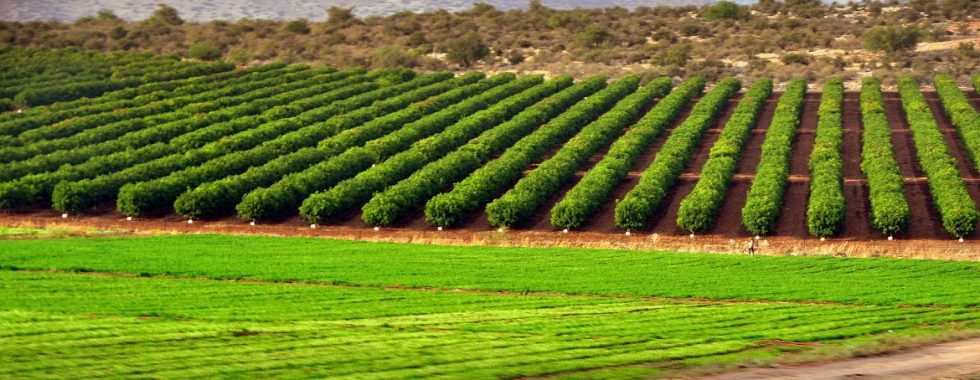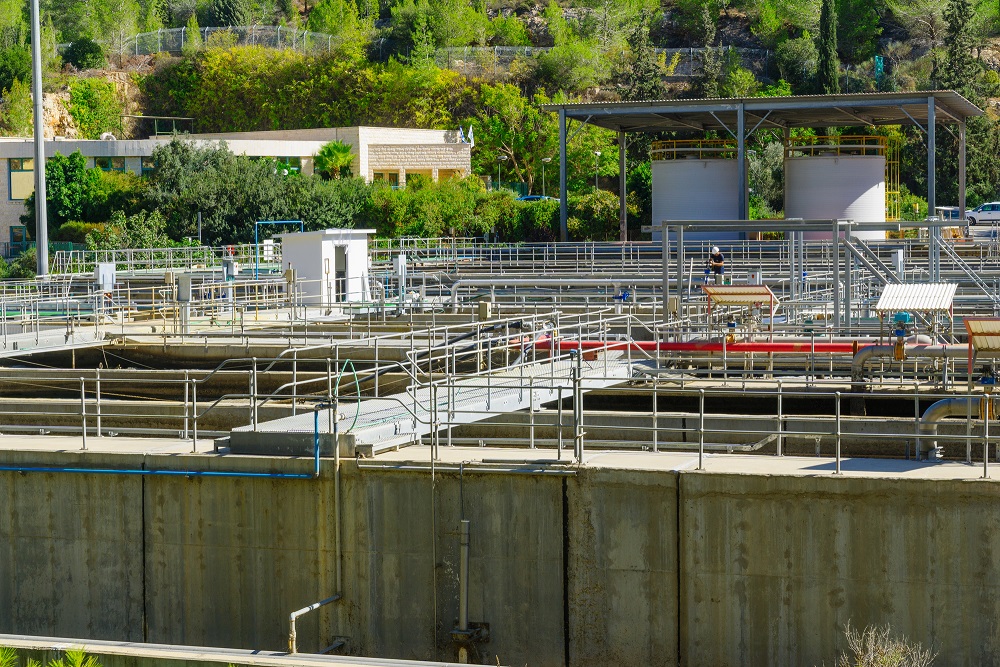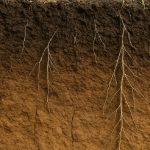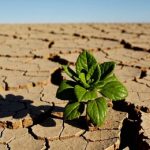Irrigation with wastewater
What is wastewater?
Wastewater is water that has been used domestically or in the industry. Wastewater contains many pollutants, biological and chemical and, therefore, must be treated before it can be reused for other purposes. Contaminants may include inorganic solids, dissolved solids, organic material, heavy metals, floating materials (oil and grease), microorganisms, nutrients etc. Treatment involves a variety of biological, chemical, as well as physical methods to reduce contaminant concentrations. Israel is one of the pioneering countries in wastewater treatment and reuse.
Israel as an example
Israel has always faced water shortages. Water supply in the country is dependent on water sources other than natural, such as desalination and reclaimed water. Therefore, Israel is well-known for its desalination capabilities. Israel has boosted economic growth and resilience to extreme droughts by wastewater reclamation thanks to investments worth $700 million in the past 20 years.
Most impressive of all is the way that Israel has revolutionized water recycling. It is the leader in water reclamation, having managed to recycle and treat about 90% of its wastewater. Most of its wastewater effluent is used for irrigating agricultural crops. About 10% of this is used for the country’s efforts in fighting fires and restoring river flows.
What are the benefits of using wastewater for irrigation?
The use of wastewater in agriculture includes the provision of water and nutrients for cultivation and ensuring that cities have sufficient water supply. There are various benefits to using wastewater to irrigate crops or farmland.
High nutrient content: Wastewater is naturally rich in nutrients, which helps to reduce or eliminate the need for costly chemical fertilizers. This allows for people to be supported in less affluent communities and reduces the cost of running their farms.
It is environmentally friendly: Using wastewater to irrigate crops or farmland is a sustainable and low-cost way to conserve water and reduce wastage.
Higher crop production: Farmers can increase their yields by irrigation. This is because they have access to water and are able to plant more crops. Having water available throughout the year allows the growing season to be extended. In addition, irrigation allows farmers to plant crops in areas otherwise considered too dry. It acts as an ‘insurance policy’ against drought and seasonal variability.
Higher quality crops: Water stress can have a dramatic impact on farm produce quality. Higher availability of water eliminates water stress. Therefore, farmers can produce better quality crops and pastures through irrigation.
Increase the property’s value: Irrigated land can support more crops and animal production. This makes it more valuable. It is a common way to increase the property’s value.
What are the risks of using wastewater for irrigation?
Not all wastewater is created equal.
After primary treatment, which removes 50 to 70 per cent of suspended solids such as grit, oil, debris and oils, wastewater must be treated with secondary treatment in order to separate dissolved biosolids.
These treatment methods can improve the wastewater quality, but they are not sufficient to ensure safe irrigation of crops. Pathogens can also be transported by spray irrigation onto fresh edible crops. There is also the possibility of cross-contamination between potable water and insufficiently treated wastewater. This includes people who come in contact with products contaminated with insufficiently processed wastewater.
These risks can be eliminated by tertiary treatment that uses sand or membrane filtering and additional disinfection treatments to eliminate microbiological contaminants. It can then be distributed to the agricultural sector for vegetable crop irrigation, as well as other industries that require clean water like paper manufacturing and textiles manufacturing. You can read more about wastewater treatment in the Essentials of Water Treatment book by Guy Sela.
The irrigation water quality criteria are determined by each individual country.
What effect does wastewater have on the soil?
Treated wastewater should not be used to irrigate crops potentially sensitive to wastewater. However, it can be successfully used to irrigate both salt-tolerant and drought-tolerant crops such as certain types of trees, shrubs and fodders. Reusing wastewater should be of paramount concern as it will determine which crops can be irrigated.
Various trace elements and salts might limit the reuse of wastewater. High levels of trace elements can cause crop growth problems. Individual salts can also disrupt plant nutrient uptake. If water treatment is not done properly, it can lead to soil salinization or contamination of crops with biological and chemical residues.
Unstable soil structure can be caused by high sodium to calcium and magnesium ratios. Compaction, crusting, and quality degradation of soils can lead to soil instability, affecting crop growth. Therefore, the physical and chemical properties of soils that are irrigated with wastewater may change with time.








